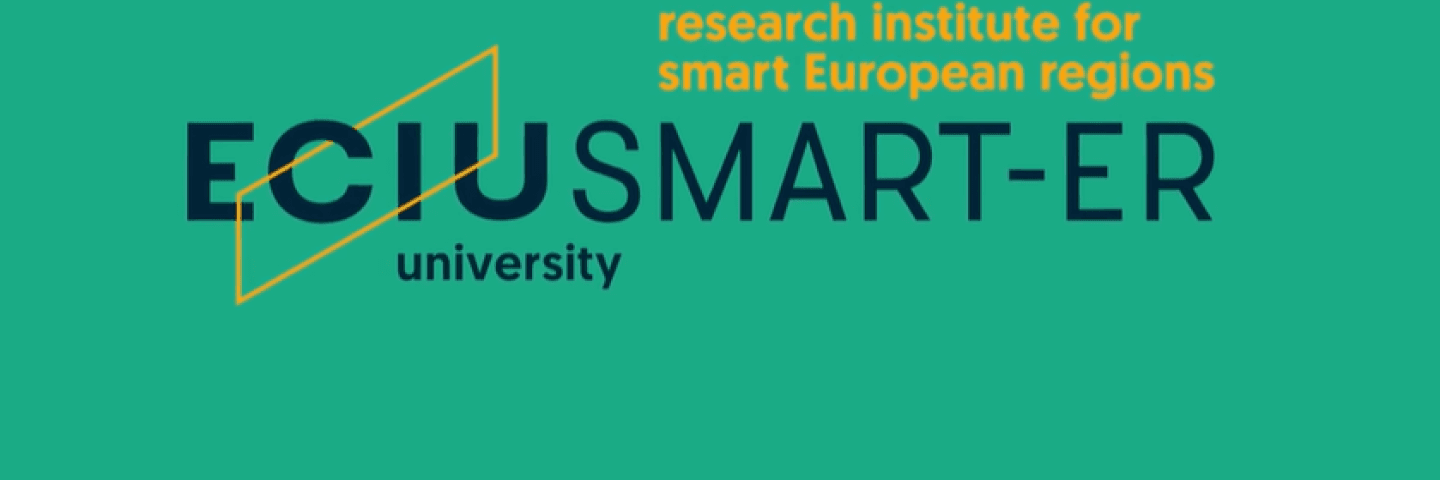The ECIU University Research Institute for Smart European Regions (SMART-ER) is a research, innovation and education strong alliance, enabling all 12 ECIU University member institutions to jointly address complex societal challenges under the framework of the UN SDG11 (Sustainable cities and communities).
Thus, four distinct themes/strategies have been defined:
-
Energy and sustainability
-
Circular economy
-
Transport and mobility
-
Resilient communities
To support the development and implementation of these four themes/strategies, a Research Field Coordinator has been appointed for each theme/strategy.
At Tampere University, Raúl Castaño (ASUTUT research group) will be supporting the development and implementation of the Resilient Communities strategy as Research Field Coordinator. Raúl has extensive expertise on the resilience topic, and during the last two years he has been investigating resilient solutions for the built environment to multiple crisis impacts under the RESCUE Academy of Finland funded project.
We know that the concept of resilient communities may not be familiar for you, but please contact him to know more and discuss how he can support your work!
Briefly, Resilient Communities can be defined as the combination of (1) solid built infrastructure, (2) non-material built infrastructures, and the (3) community characteristics that help citizens mitigate and overcome the impact of specific disruptions while empowering and strengthening them during the recovery process [1].

Research focus and goals
Research field coordinator's main goals:
- Connect with different communities and disseminate their activities both online and physically.
- Promote collaborations between different stakeholders that aim to address ECIU University needs.
- Coordinate working groups within the resilient community's scope
- Support funding opportunities.
- Co-coordinate grant applications.
- Support the development of resilient communities.
Impact
Main expected impacts are:
- Facilitating the development of resilient communities through co-creation.
- Promoting social health and social capital.
- Citizen participation.
- Trade-off between resilience and equity and justice (e.g., resilience for WHO?).
- Support current/future transition for resilient communities.

